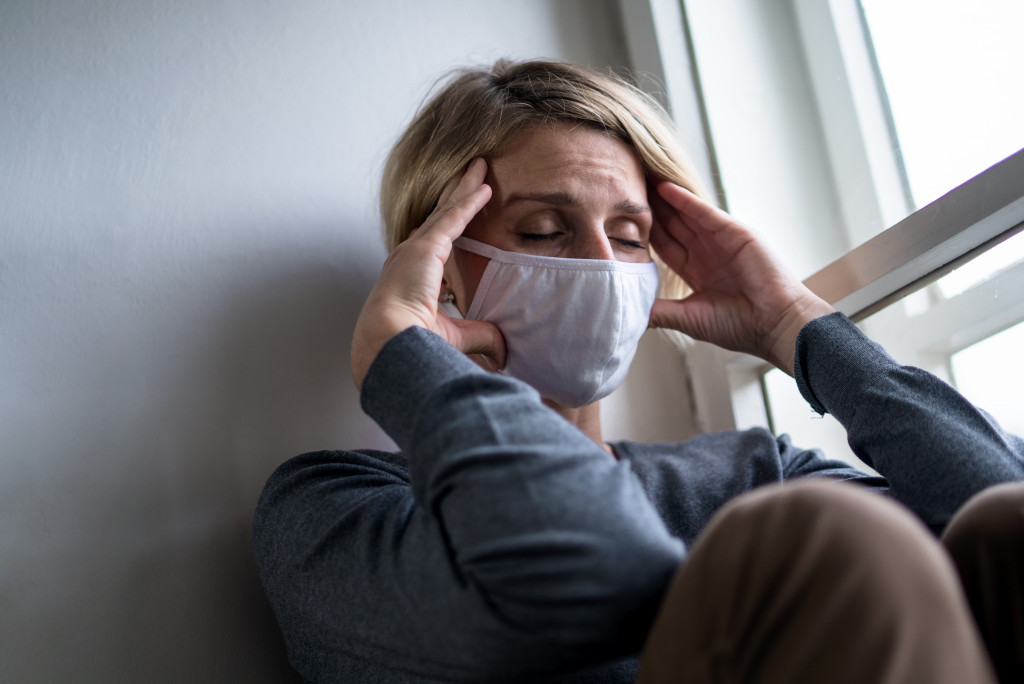- Social isolation is a phenomenon that can lead to detrimental effects on mental and physical health.
- Adverse mental health effects include an increased risk of depression, anxiety, and other mental health disorders.
- Physically isolated people are at a higher risk of developing chronic diseases such as heart disease, diabetes, and obesity.
- Cognitive abilities can also decline due to social isolation.
- Social media has made it easier to communicate with people, but it cannot replace face-to-face social interactions.
Social isolation occurs when an individual lacks social contact with others or has a small group of people in their social circle. This phenomenon can lead to detrimental effects on your mental as well as physical health. Here’s what you need to know about social isolation.
Social Isolation and Your Life
In today’s world, where social media has significantly impacted people’s daily lives, it is imperative to understand the importance of face-to-face social interactions. Here’s how social isolation can affect your life and ways to overcome it.
Adverse Effects on Mental Health
Social isolation can increase the risk of depression, anxiety, and other mental health disorders. Humans are social animals, and interactions with others help us feel connected and valued. When an individual lacks social connections or interacts with others less frequently, it can lead to negative thoughts and feelings of loneliness. These feelings can also trigger mental illnesses and exacerbate existing conditions.
Increased Risk of Physical Ailments
Social isolation can also have adverse effects on physical health. Studies suggest that socially isolated people are at a higher risk of developing chronic diseases such as heart disease, diabetes, and obesity. These individuals also tend to have weaker immune systems than those who have regular social interactions.

Decreased Cognitive Abilities
Social interaction plays a crucial role in maintaining cognitive abilities. When individuals engage in conversations, their brains are stimulated, and they stay mentally sharp. On the contrary, when isolated, their cognitive abilities can decline over time, leading to learning difficulties and cognitive decline.
Social Isolation in the Digital Age
Although social media has made it easier to communicate with people across distances, it cannot replace face-to-face social interactions. Social media can often lead to feelings of isolation, loneliness, and depression. Additionally, excessive use of social media can contribute to sleep problems, decreased productivity, and anxiety.
Post-Pandemic World
The world’s current state has also significantly impacted people’s mental health and social lives. After the pandemic, you must rebuild connections with friends, family, and other communities that make you feel good about yourself. It is also essential to create meaningful relationships through active engagement in conversations and activities.
Coping For Social Isolation
Social isolation is a disorder with no known cure, but you can use coping to help deal with it. Here are ways to do that:

Family Events
Your family is crucial to your mental health and social life. Participate in family events, parties, dinners, and conversations to create meaningful relationships with your loved ones. You can do this in various ways, but one of the best ways is having an outdoor dinner party. You can set one up by renting a tent for your event. Contact your local tent rental services for this. They can choose the right size for your party or event. After this, you must choose the right decorations and music to make your family gatherings memorable.
Group Activities
You can also participate in group activities, such as sports or hobby clubs, with people sharing similar interests. This is a great way to meet new like-minded individuals and form meaningful relationships. These activities can allow you to socialize, be active, and feel connected to others.
Volunteering
Those with social isolation can also benefit from volunteering activities in their communities. You can volunteer for causes close to your heart or lend a helping hand when needed. Volunteering is an excellent way to meet new people, build meaningful connections, and boost self-confidence and mental health.
Dating
Getting out of your comfort zone and starting dating is also good. You can look up online dating sites to meet new people, build relationships, and boost your mental health. You can start by talking to people online, and if you feel comfortable, you can arrange a date in person.
Social isolation can have a significant impact on your life and mental health. Although there is no cure for it, you can use various coping methods, such as family events, group activities, or volunteering to help reduce the effects of social isolation. Additionally, you should also stay active on social media and make sure to engage in conversations with others. This can help you stay connected to people and reduce isolation. Finally, don’t forget to reach out for professional help if needed.
